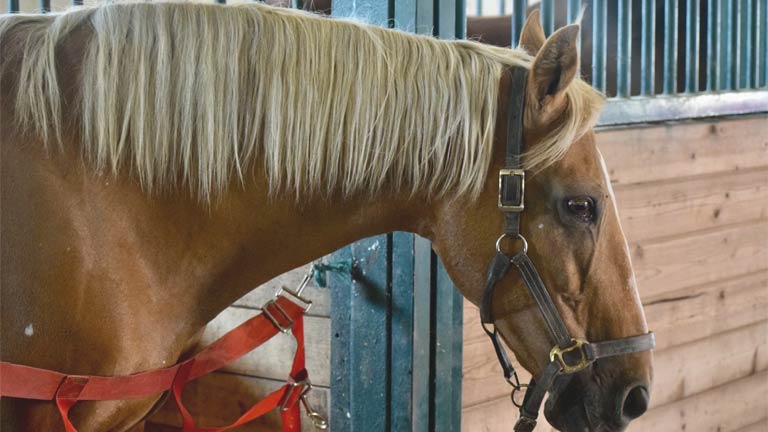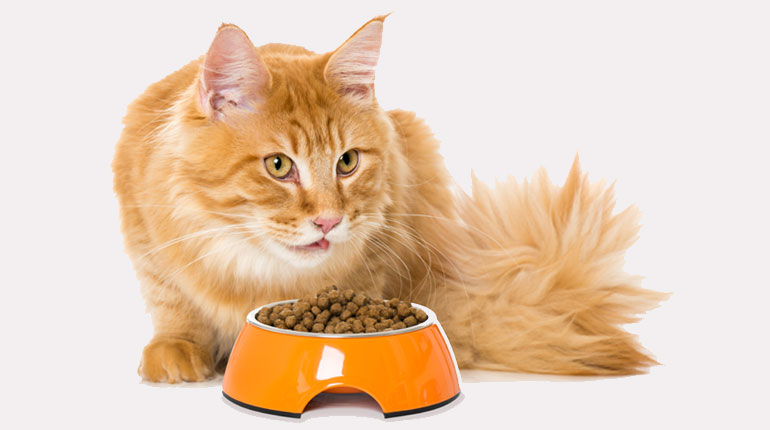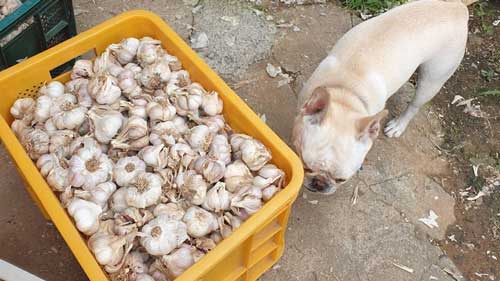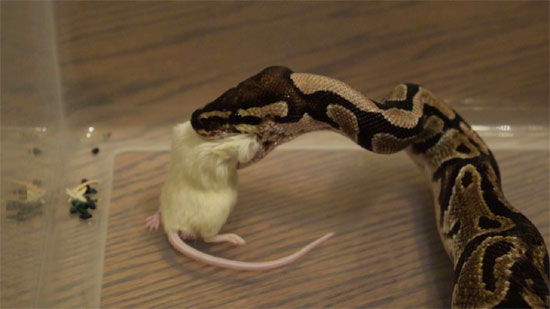
Taking care of a horse’s health at home is a task that requires dedication, knowledge, and a proactive mindset. Having the support of a veterinarian is crucial, but there are also several things you can do daily to ensure your horse’s well-being. I have a different perspective on how you can take care of your horse at home.
Customized Nutrition
- To begin, it’s important to consider a customized diet for your horse. Since every horse is different, seeking guidance from an equine nutritionist or veterinarian is a good idea. They can help you develop a diet plan considering your horse’s age, weight, and activity level.
- It’s important to regularly assess your horse’s body condition and adjust their diet as needed. This will help prevent issues like obesity or malnutrition.
Routine Interaction
- Horses can be bathed in the summer with lukewarm water but should avoid baths in the winter unless necessary, as wet hair can take a long time to dry in colder temperatures.
- Make sure to spend quality time with your horse every day. This will help strengthen your bond with them and allow you to notice any changes in their behaviour or early signs of illness.
- You can incorporate mental exercises such as clicker training or introducing new objects to interact with to keep your horse engaged.
Tracking Health
- Stay observant and regularly examine your horse for any physical changes. Watch for things like weight loss, swelling, or signs of lameness.
- You should know how to keep track of your horse’s vital signs, such as their temperature, pulse, and respiration. By monitoring and recording these regularly, you can quickly identify any abnormalities.
Dental Wellness
- Please remember to schedule regular dental check-ups. Make sure to schedule regular dental exams for your horse to keep their teeth in good shape and avoid any problems with chewing and digestion.
- It’s a good idea to provide your pet with suitable chew toys or natural alternatives, such as branches for dental hygiene. These can help keep their teeth healthy.
Personal Grooming & Hygiene
- Brushing your horse daily is important for keeping it clean and healthy. It not only helps to distribute their natural oils but also stimulates circulation.
- Maintaining a clean living space or stall is important to keep yourself healthy and minimize the chances of getting sick or having respiratory issues.
- A horse bridle is an essential accessory for controlling a horse. Some common horse accessories include horse saddle pad, bridle, halter, bit, reins, whip, crop, blanket, fly mask, boots, bandages, and grooming kit.
Pest Management
- To effectively control parasites and minimize resistance, it’s important to collaborate with your veterinarian in developing a strategic deworming schedule. This will help ensure the deworming process is effective and addresses potential resistance issues.
- Using rotational grazing and manure removal strategies is important to manage pastures effectively. These methods help reduce the risk of parasite exposure for the animals.
Healthcare Precautions
- To keep your horse safe from common diseases, following the vaccination schedule recommended by your vet is important. This will ensure that your horse receives the necessary vaccinations and boosters.
- Make sure to schedule regular visits to the vet for comprehensive health assessments and dental care.
Conclusion
Taking care of your horse’s health at home means looking at the big picture. This includes ensuring a balanced diet, keeping them clean and groomed, exercising regularly, and taking preventive measures to keep them healthy. You can greatly improve your horse’s well-being and happiness by being attentive and proactive in their care.




